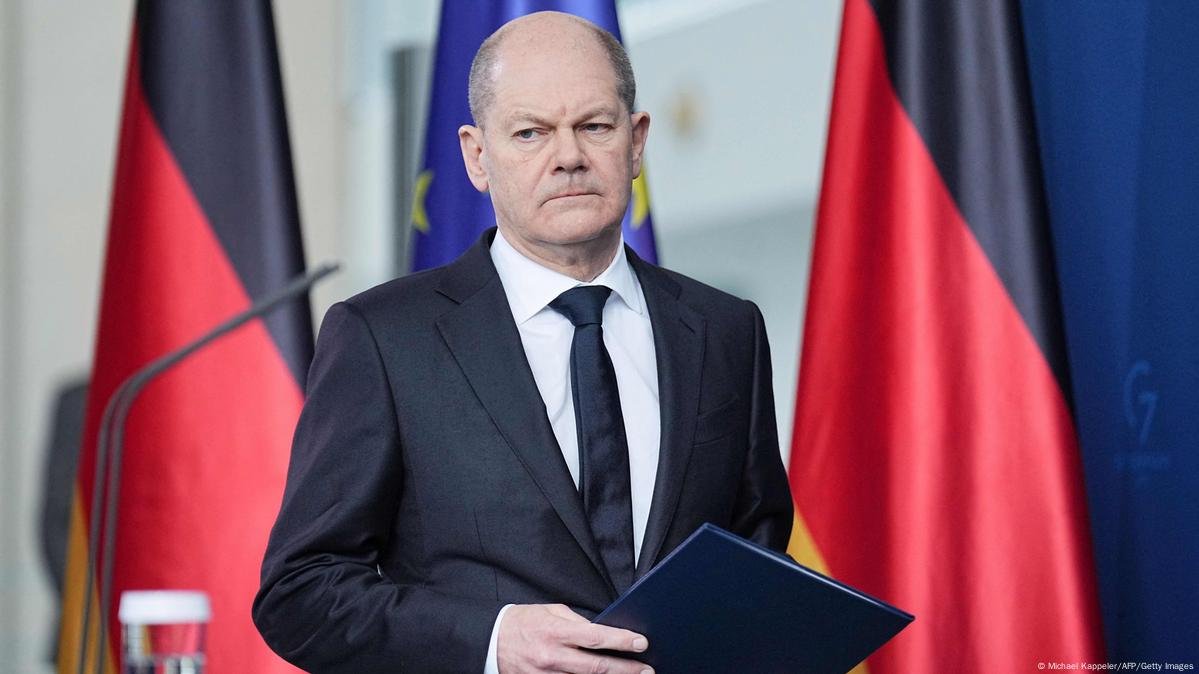Chancellor Scholz Defeated in No-Confidence Vote, New Election Announced for February 23
German Chancellor Olaf Scholz was defeated in a no-confidence vote on Monday, paving the way for a quick national election on February 23. Vote Results: In the German Bundestag, out of a total of 717 votes, Scholz received 207 votes, 394 votes were cast in favor of the no-confidence motion, and 116 members abstained. Scholz needed at least 367 supporting votes to remain in office.
Chancellor Scholz Defeated in No-Confidence Vote, New Election Announced for February 23
Chancellor Scholz Defeated in No-Confidence Vote, New Election Announced for February 23
German Chancellor Olaf Scholz was defeated in a no-confidence vote on Monday, paving the way for a quick national election on February 23.
Vote Results:
In the German Bundestag, out of a total of 717 votes, Scholz received 207 votes, 394 votes were cast in favor of the no-confidence motion, and 116 members abstained. Scholz needed at least 367 supporting votes to remain in office.
Government Collapse and Call for Quick Elections:
Scholz had been leading a minority government after the collapse of the three-party traffic light coalition two months ago. On Monday, he said that initiating the no-confidence vote was the best strategy for rebuilding his party’s political position.
Bundestag Speaker Barbara Bass stated when announcing the results, "Today, we not only reached the final point of our daily agenda, but we also witnessed the end of the traffic light coalition."
Before the vote, Scholz stated in parliament, "My goal is to increase confidence in our country’s future and ensure security and prosperity. We will invest heavily in the defense sector because a nuclear-armed power is waging war just two hours away by flight in Europe." He also mentioned that the quick election would offer the opportunity to define a new path for the country.
Opposition leader Friedrich Merz took aim at Scholz, stating, "Scholz did not have the courage to call for the no-confidence vote immediately after his government collapsed. This has worsened the country's economic crisis." Merz further claimed that under Scholz’s leadership, Germany’s economic crisis had deepened and the country's position within the European Union had weakened.
Before the election on February 27, Scholz will assume the role of caretaker government. Election campaigning has already begun, and opposition support is being sought for urgent measures.
Given the current economic situation in Germany, investments in defense, and the aim to realign the country's position within Europe, this quick election is seen as crucial.










